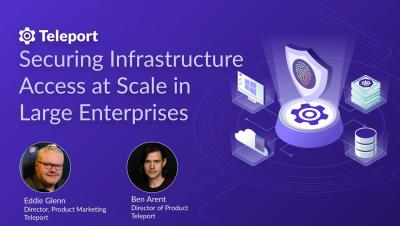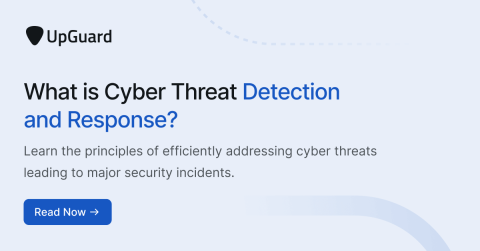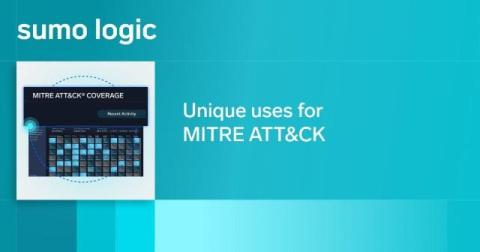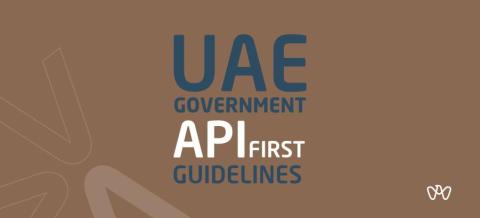Analyzing Salt Typhoon: Telecom Attacker
Salt Typhoon is a Chinese-speaking threat actor that the FBI and the Cybersecurity and Infrastructure Security Agency (CISA) have tied to a series of attacks that breached and exfiltrated data from several of the world's most prominent telecommunications companies. Trustwave SpiderLabs has created a deep analysis of the threat group Salt Typhoon, detailing the group's history, techniques, tactics, and procedures (TTP), and preferred targets.











